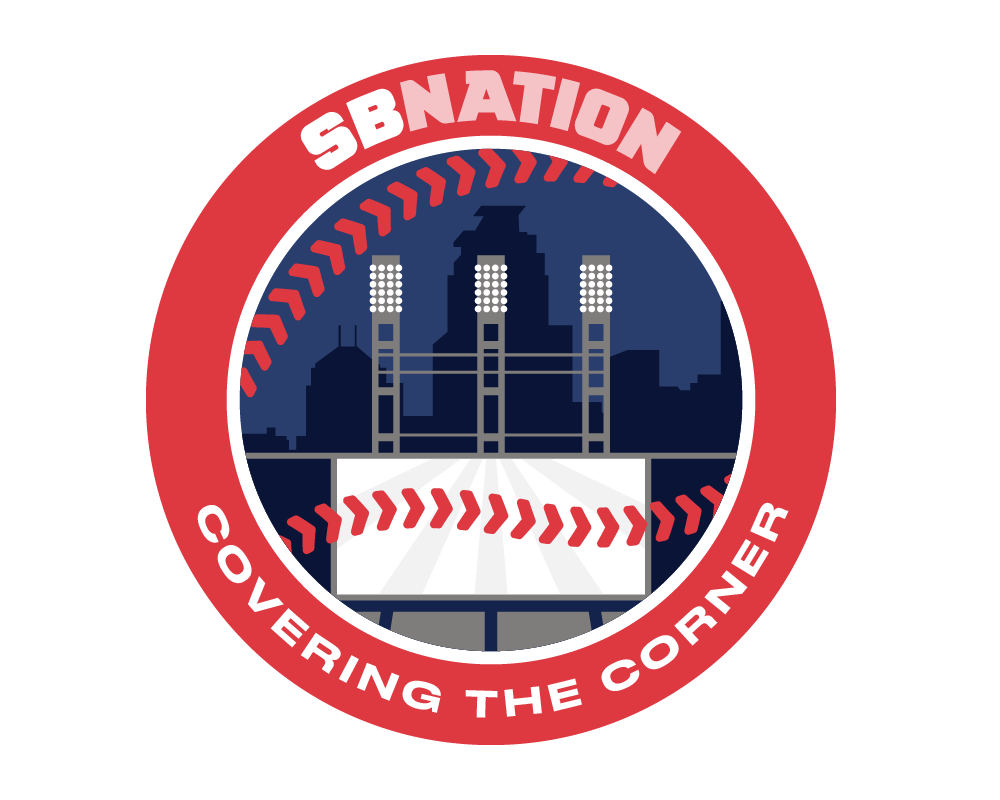/cdn.vox-cdn.com/uploads/chorus_image/image/73048524/527737317.0.jpg)
For me, the idea continues to be the growth of the baseball-watching audience, first and foremost. I think a lot about SportsCenter when Dan Patrick and Keith Olbermann hosted the show. They are the best reference point for where I want to go because they’re the most iconic duo to host.*
I also want to reference an interview that Keith Olbermann once did with Jonah Keri. Personal and private lives set aside for the moment, Olbermann described the strategy that he and Patrick had during their time on the air at ESPN.
The key, he said — and I am paraphrasing from memory here — was to go ahead and write your jokes. Work at the top of your intelligence. Fold in a joke about Skanderbeg or something. The audience already likes that you’re zany and won’t care if they miss one or two quips. Hell, they might look it up! If they do happen to get it they’re going to think it was a joke specifically crafted for them and never leave.
The Simpsons did it. I hesitate to say that they did it first because we can just keep rolling the tape back to Aristophanes if we want. However, it’s a great touchpoint for this kind of humor. In season one, Bart runs into issues with neighborhood bully Nelson. Rather than involve the school — and this shows a critical understanding of how the world actually works — Grandpa Simpson enlists the help of Herman Hermann, a local seller of war paraphernalia.
They devised a water balloon ambush to show Nelson how scared he made the other children. Tidy it all up at the end with a treaty based on the Franco-Prussian war that allows Nelson to remain a menacing but powerless figurehead and we’ve got ourselves some Dudes Rock energy wrapped up with a nice lessons learned bow.
Why reference the Franco-Prussian war in a primetime cartoon on Fox? Screw it, why not? Thirty-some seasons later it seems like the strategy worked.
At times unusual bits like that come off as dismissive or glib, and I am sure that sometimes it is. Tone doesn’t always shake out the way that you want it to. Talk about a player’s game and try to have a little bit of fun and it is sometimes easy to forget you do not know them and have not really earned the right to give them a ribbing.
We’re all here to talk about baseball because it is fun, and we like it a lot. We want to see the team win baseball games, the players succeed, and look back on memories with friends and family. Much of the internet is now about boosting your brand. I want to take a second to remind you that nobody has a brand. You are not a high-efficiency detergent. It’s easy to forget this when everything in culture today tells us that we have to stand out, create, produce, post, publish, whatever it takes to make sure the content never stops.
Having fallen into the trap in the past (I’m serious — I would do anything to go back and never try out Facebook live) it is interesting to reflect about where we are now as a broader baseball blogging community. I keep turning back to “It’s all just one big conversation”, a notion that Ben Lindbergh was kind enough to put into song during an intro of the Effectively Wild podcast.
So let’s start talking like friends again. I want online discourse and writing to feel a lot more like a chat in the stands with a husband and wife who claim to have seen Sandy Alomar give dip to a teenager at a game in the nineties. It could look a lot less like boxing out for position to make sure your take or selfie gets seen. We’re never going to get all the way there, but caring a little bit and striving toward an ideal is neat.
“That’s why they don’t play games on paper. They play them inside television sets. Let’s go to the highlights.”

Loading comments...